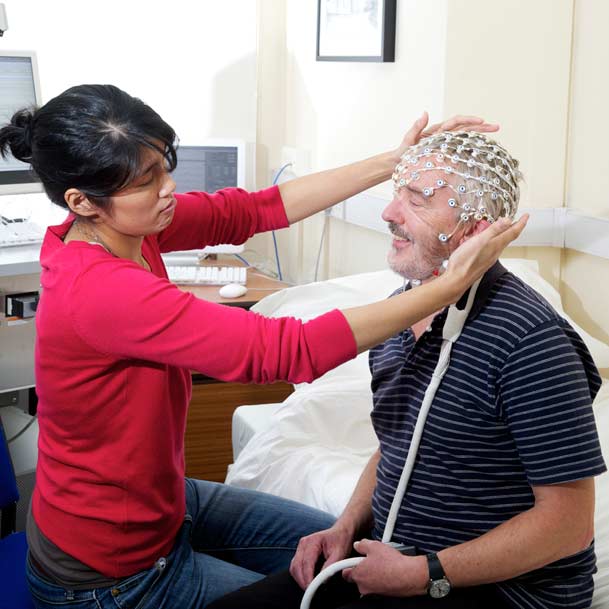Study shows old adage ‘sleep on it’ is true – but only if it’s a really difficult problem

A new study from Lancaster University has found that sleeping on a problem really can help people to find a solution.
The study, published online this month in the journal Memory & Cognition, tested whether sleep or time spent awake worked best in helping people find the solutions to a range of problem solving tasks.
Participants in the study - 27 men and 34 women - were asked to attempt easy and difficult verbal insight problems and, following a period of sleep, time spent wake, or no delay at all, the three groups of participants reattempted previously unsolved problems.
The sleep group solved a greater number of difficult problems than the other groups, but no difference was found for easy problems.
The authors of the study - Ut Na Sio, Padraic Monaghan and Tom Ormerod all from the Centre for Research in Human Development and Learning at Lancaster’s Department of Psychology - concluded that sleep facilitates problem solving but this has its primary effect for harder problems.
Professor Padraic Monaghan said: “We’ve known for years that sleep has a profound effect on our ability to be creative and find new solutions to problems. Our study shows that this sleep effect is greatest when the problems facing us are difficult.
“Sleep appears to help us solve problems by accessing information that is remote to the initial problem, that may not be initially brought to mind. Sleep has been proposed to ‘spread activation’ to the solution that is initially distant from our first attempts at the problem.
“The advice stemming from this and related research is to leave a really difficult problem aside if you’re stuck, and get some sleep.”
To read the study go to http://www.springerlink.com/content/7802xn5815616nwl/?MUD=MP